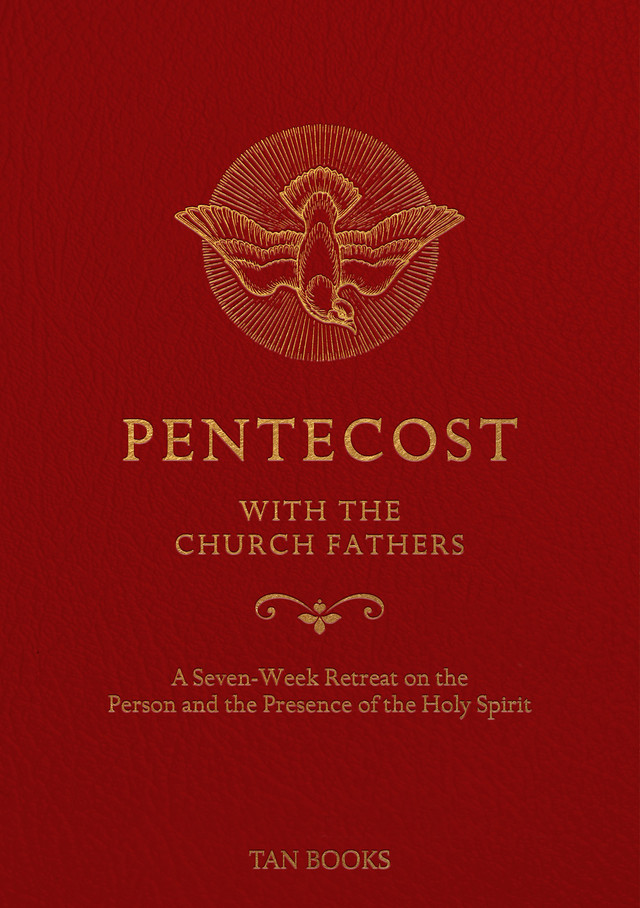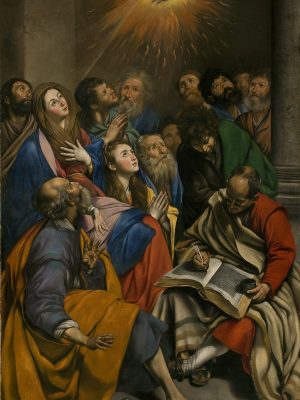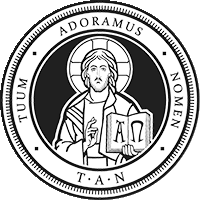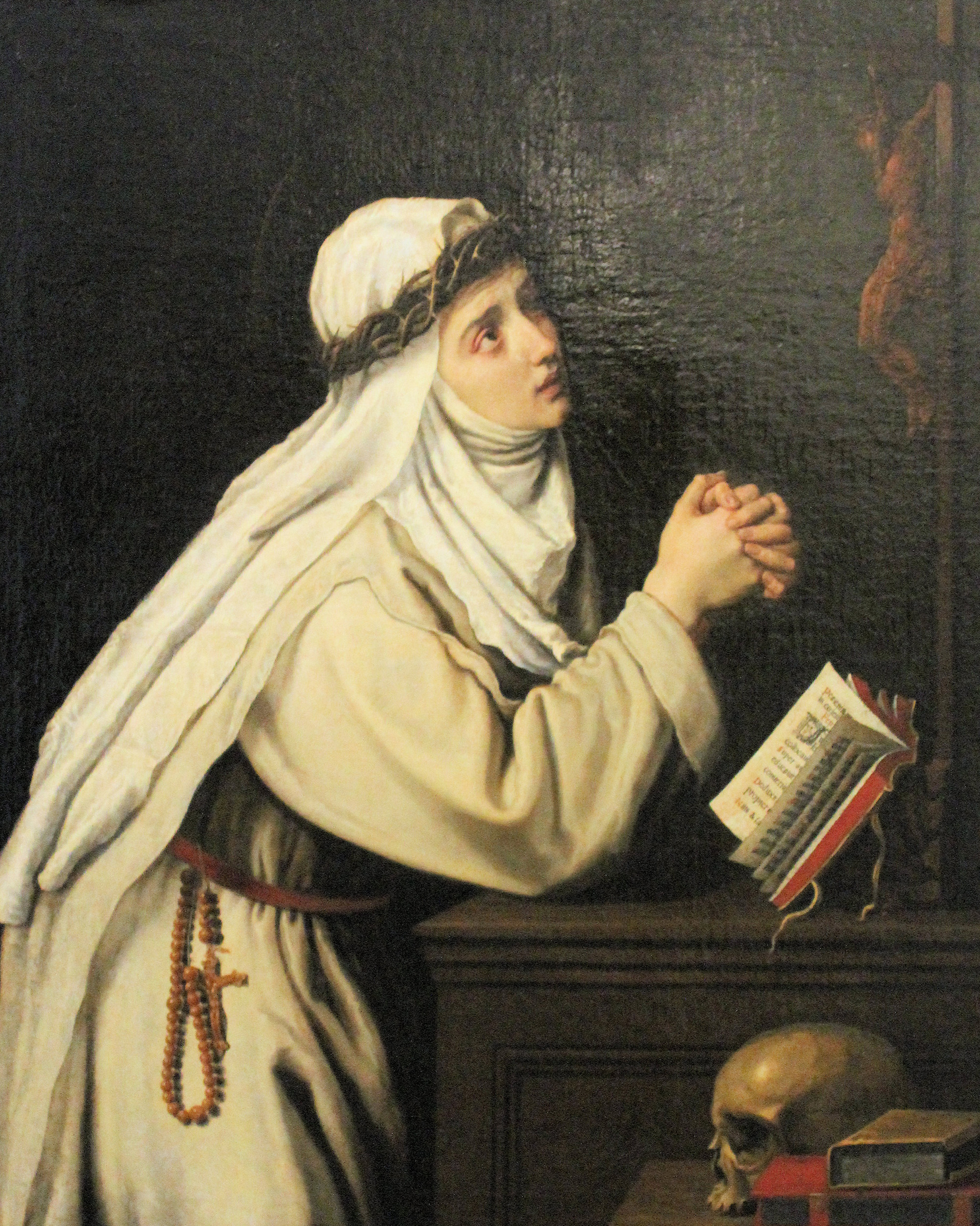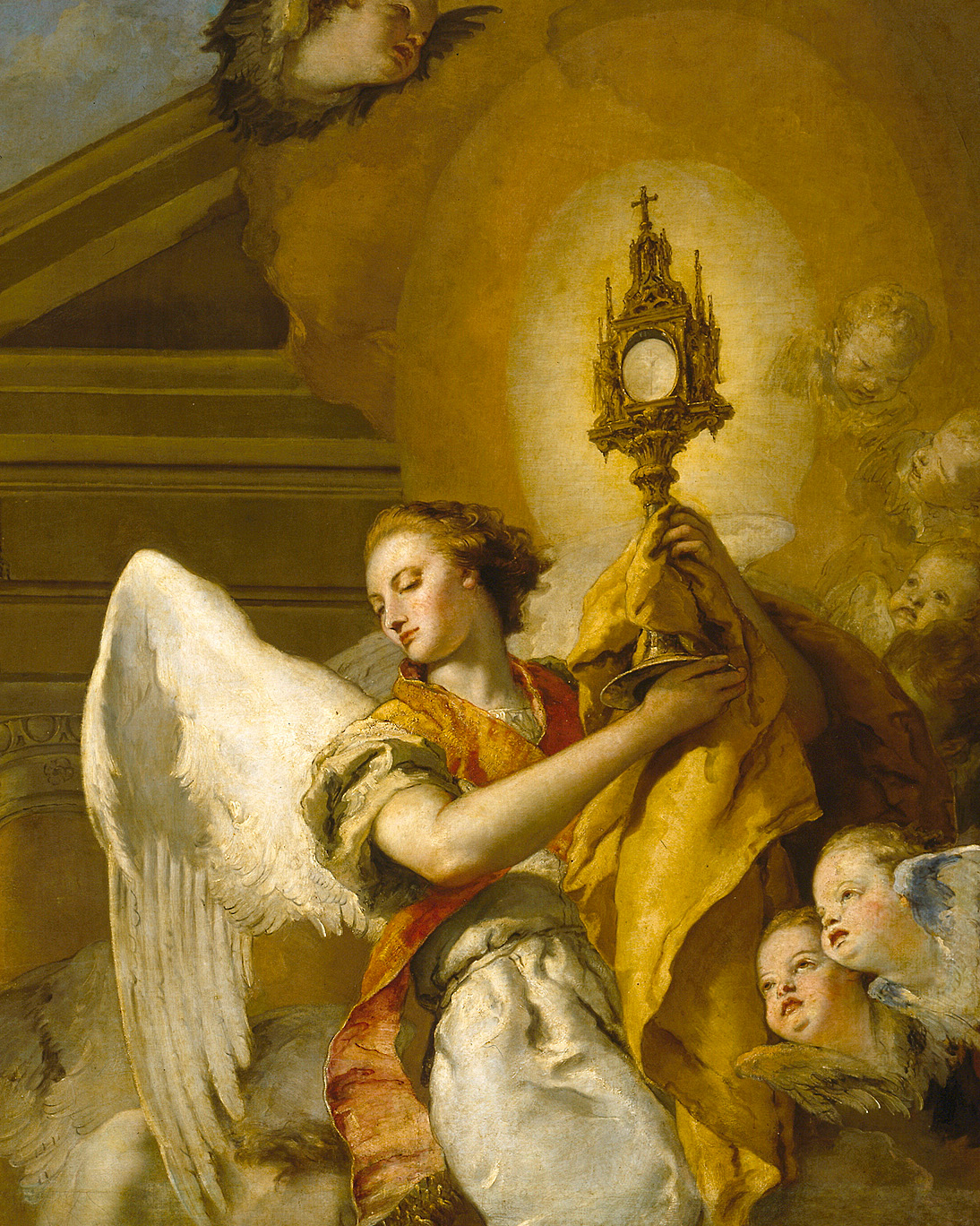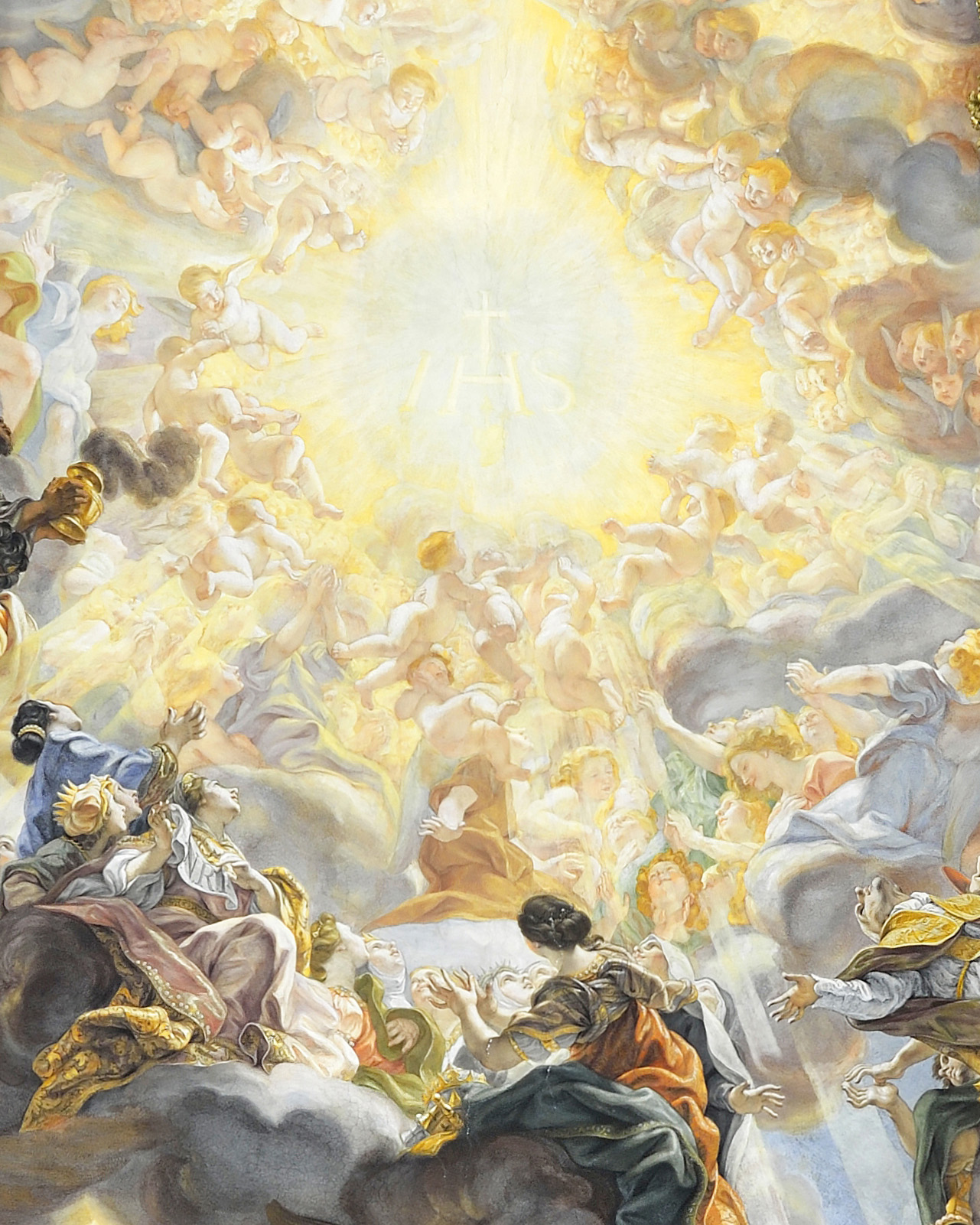In these excerpts, taken from Pentecost with the Church Fathers, readers will be reminded of the importance of Pentecost in our salvation and its indissoluble connection to the Easter celebration. Furthermore, readers will be invited to ponder the identity of the Holy Spirit as they reflect on His presence in their own lives.
Easter is Completed by Pentecost
Easter is completed only by Pentecost: there may be forty days of Lenten observance, but there are fifty days of Easter celebration. Easter is completed only by Pentecost because the work of Christ finds fulfillment in the work of the Holy Spirit. In fact, the Lord Himself tells us, “But I tell you the truth, it is better for you that I go. For if I do not go, the Advocate will not come to you. But if I go, I will send him to you” (Jn 16:7). As we shall see in the week to come, the Holy Spirit is already clearly active before Christ’s coming to earth—He is present at creation symbolized by the “mighty wind,” and He rushes upon Old Testament figures like Samson and King David. Yet it is the Sacred Triduum that unlocks the Holy Spirit’s presence into the Christian people in a new and everlasting manner. It is the crucified heart of Christ that melts our hearts to the degree where we finally let another in, where we finally admit our need for a humble Savior.
The Sending of the Holy Spirit
We are all sinners, and all have, therefore, merited death. But God loves us too much to let that happen, so as Adam and Eve were shamefully leaving Eden, God began to prepare the entire world for His Son’s and Spirit’s coming. Through the Old Testament figures, He foreshadowed the True Lamb of Sacrifice and manifested some of His Spirit’s power to His chosen people. The ascension of Jesus begins the great novena, the nine days between Christ’s bodily return to the Father and the subsequent descent of the Holy Spirit. This great movement means great mystery, and we shall slowly unpack the implications of the Son’s sending of the Holy Spirit as our retreat unfolds.
Who Is the Holy Spirit?
The word spirit can be used in diverse ways. We talk about the spirit of the age or the spirit of a room, team spirit, or even those flask-filling spirits that can inebriate. We talk about some people being in-spired, and today the word spiritual has oftentimes come to mean someone who might take the deeper things of life more seriously than most. Spirit can obviously mean many different things to many different people, a word that is difficult to restrict to any one particular definition.
Given this level of etherealness, why do you think the Third Person of the Trinity wants to be known initially as Spirit, describing Himself in Scripture as someone who is as agile as the wind but as important and divine as God?
Since we were little, we have probably imagined God the Father as an older gentleman sporting a big white beard; we all have had pictures of the Son as Jesus Christ who is depicted as a baby in Mary’s arms and as a grown man who walked on dusty plains performing miracles and teaching crowds. We all have depictions of Jesus’s crucifixion and can readily imagine His glory after His resurrection from the dead three days later. While these images tell us something certainly true, they are obviously our own depictions over the centuries. As insufficient as these pictures and portraits really are, however, we have an even less accurate image of the Holy Spirit. Even the Bible stretches to find symbols to describe Him: light as a breeze, zealous as fire, peaceful as a dove—very lithe and even lofty images, symbols that leave a lot more room for our own imaginations and definitions.
ooo
This article is taken from a chapter in Pentecost with the Church Fathers: A Seven-Week Retreat on the Person and Presence of the Holy Spirit which is available from TAN Books.
